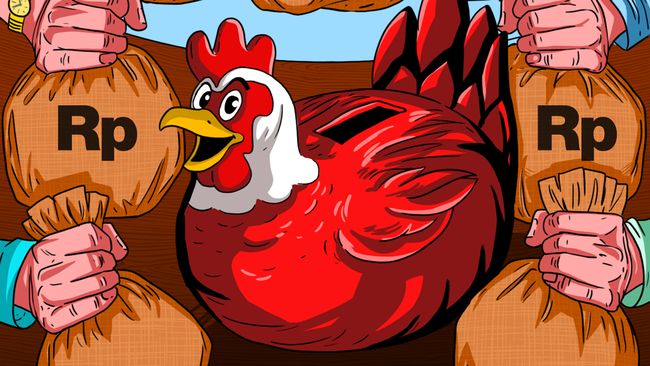NEW YORK – A New York appeals court on Thursday upheld Harvey Weinstein’s rape conviction and 23-year prison sentence, rejecting the former movie mogul’s claims that the judge in his landmark #MeToo trial wronged him by allow women to testify about charges that were not part of the criminal case.
The ruling by a five-judge panel at the state intermediate court of appeals upheld one of the most far-reaching verdicts to date in the reckoning of sexual misconduct by powerful figures, an era that began with an avalanche of accusations against Weinstein.
Weinstein’s publicist, Juda Engelmayer, said he is reviewing his options and will seek to appeal the decision to the state’s highest court, the Court of Appeals.
“We are disappointed, but not surprised,” Engelmayer said.
Weinstein, 70, was convicted in New York in February 2020 of a criminal sex act for forcibly performing oral sex on a film and television production assistant in 2006 and raping an aspiring actress in 2013.
He was acquitted of rape and predatory sexual assault charges stemming from allegations by actress Annabella Sciorra about an encounter in the mid-1990s.
The Associated Press generally does not identify people who say they have been victims of sexual violence unless they speak out publicly or agree to be named; Sciorra has spoken publicly about his allegations.
Weinstein is jailed in California, where he was extradited to last year, awaiting trial on charges of abusing five women in Los Angeles and Beverly Hills between 2004 and 2013.
The actor broke his silence in a lengthy letter. He said that he wanted the only truth about him to be told.
In a 45-page ruling, the appeals court said Trial Judge James Burke correctly exercised his discretion in allowing prosecutors to bolster their case with the testimony of three women who accused Weinstein of raping them, but whose claims did not lead. to charges in the New York case.
On Thursday, the panel also rejected Weinstein’s argument that Burke was wrong in other ways, allowing a woman who had written a novel about predatory older men to remain on the jury and allowing prosecutors to have a conduct expert rape victims and myths as witnesses. Burke did not allow testimony on similar topics from defense experts.
Weinstein’s conviction, hailed by activists and advocates as a landmark, was just as quickly scrutinized by defense attorneys seeking to get him out of what could be life in prison.
Rules about calling additional witnesses to testify about “prior wrongdoing” vary by state and were an issue in Bill Cosby’s successful appeal of his Pennsylvania sexual assault conviction.
New York’s rules, shaped by a decision in a 1901 poisoning case, are among the most restrictive.
At the December appeals court hearing, Weinstein’s attorneys argued that the additional testimony went beyond what is normally allowed (detailing motive, timing, intent, or a common scheme or plan) and essentially led to the former film producer on trial for crimes for which he was not charged and had not had the opportunity to defend himself.
Burke’s ruling, which allowed prosecutors to use stories from Weinstein’s past to attack his credibility, worked to prevent him from taking the witness stand, Weinstein’s attorney, Barry Kamins, told the appeals panel at the hearing. from December.
“The jury was overwhelmed by such damaging and bad evidence,” Kamins argued. “This was a character judgment on Harvey Weinstein. People were painting him as a bad person.”
–


